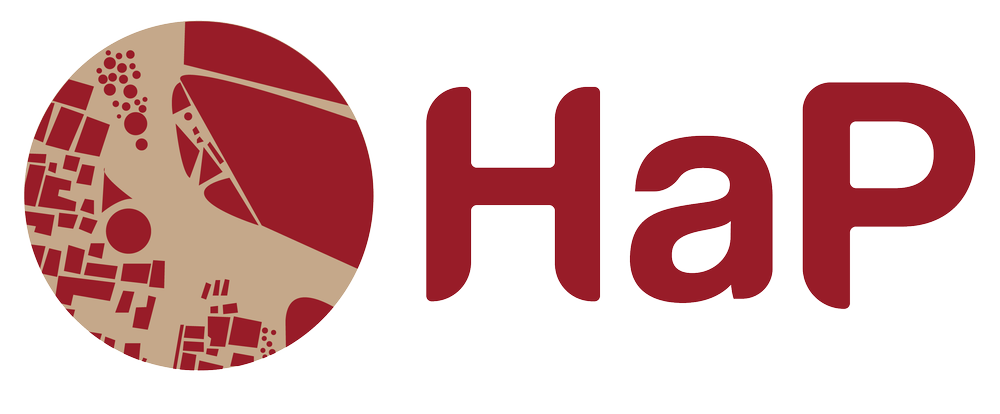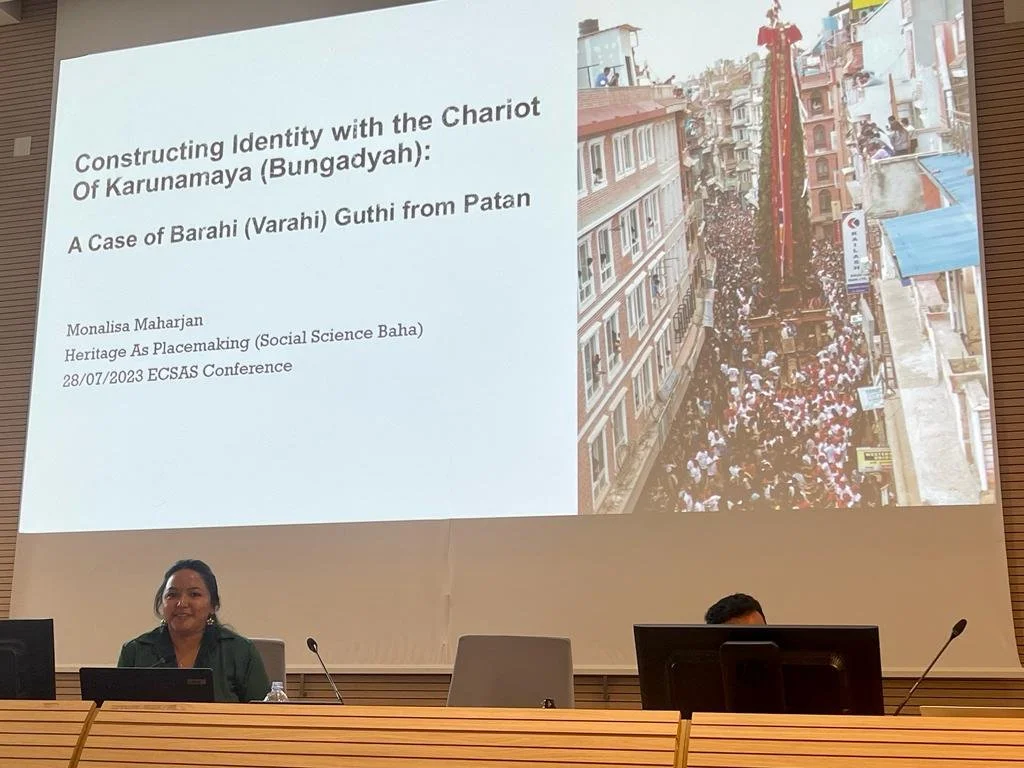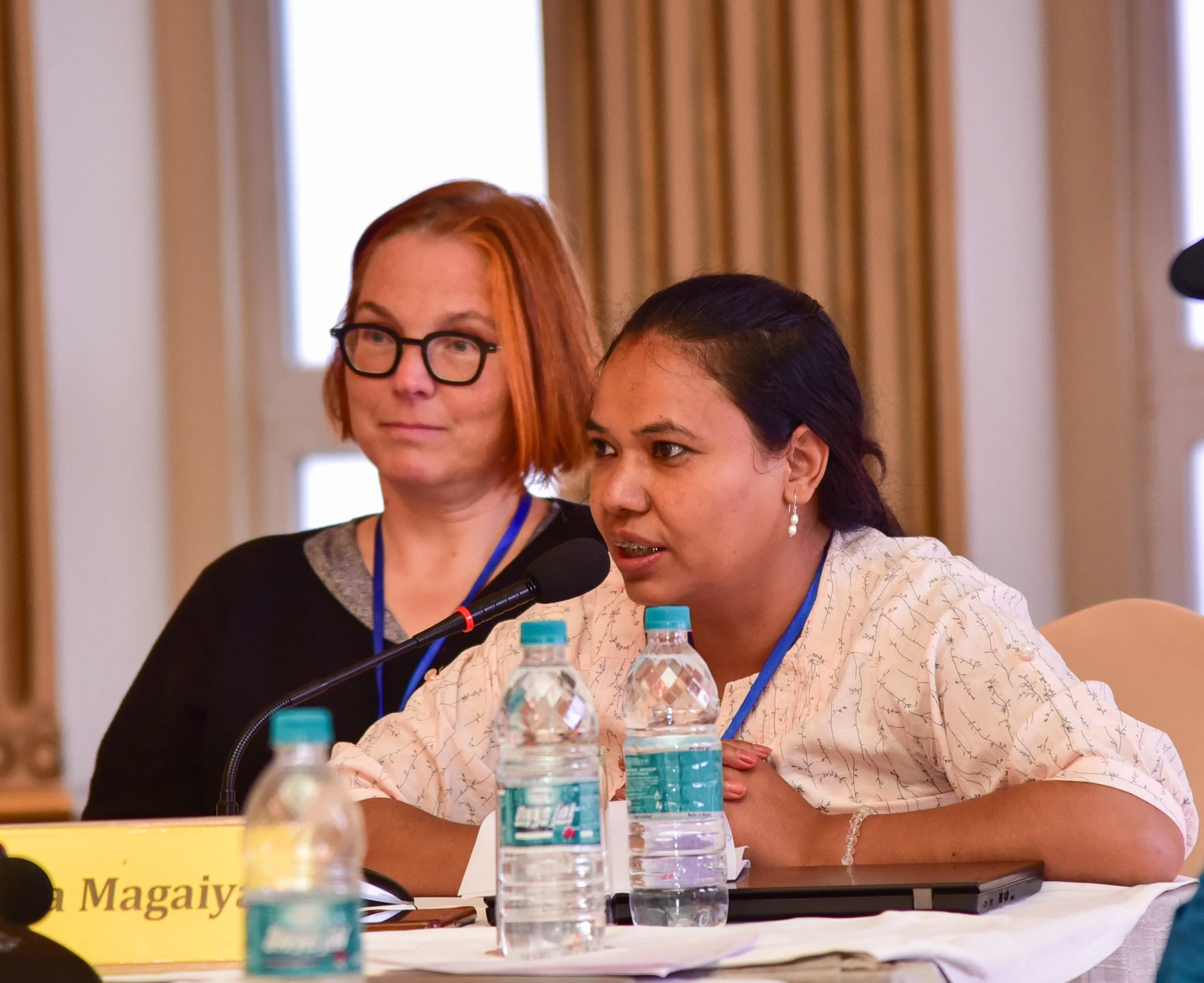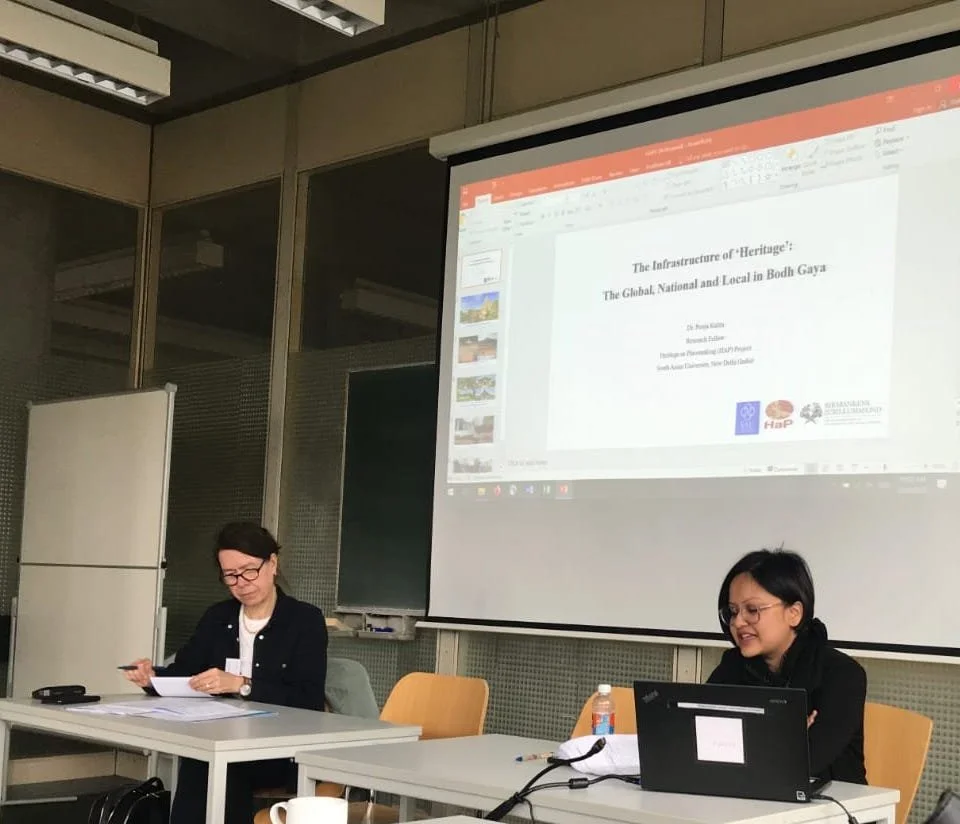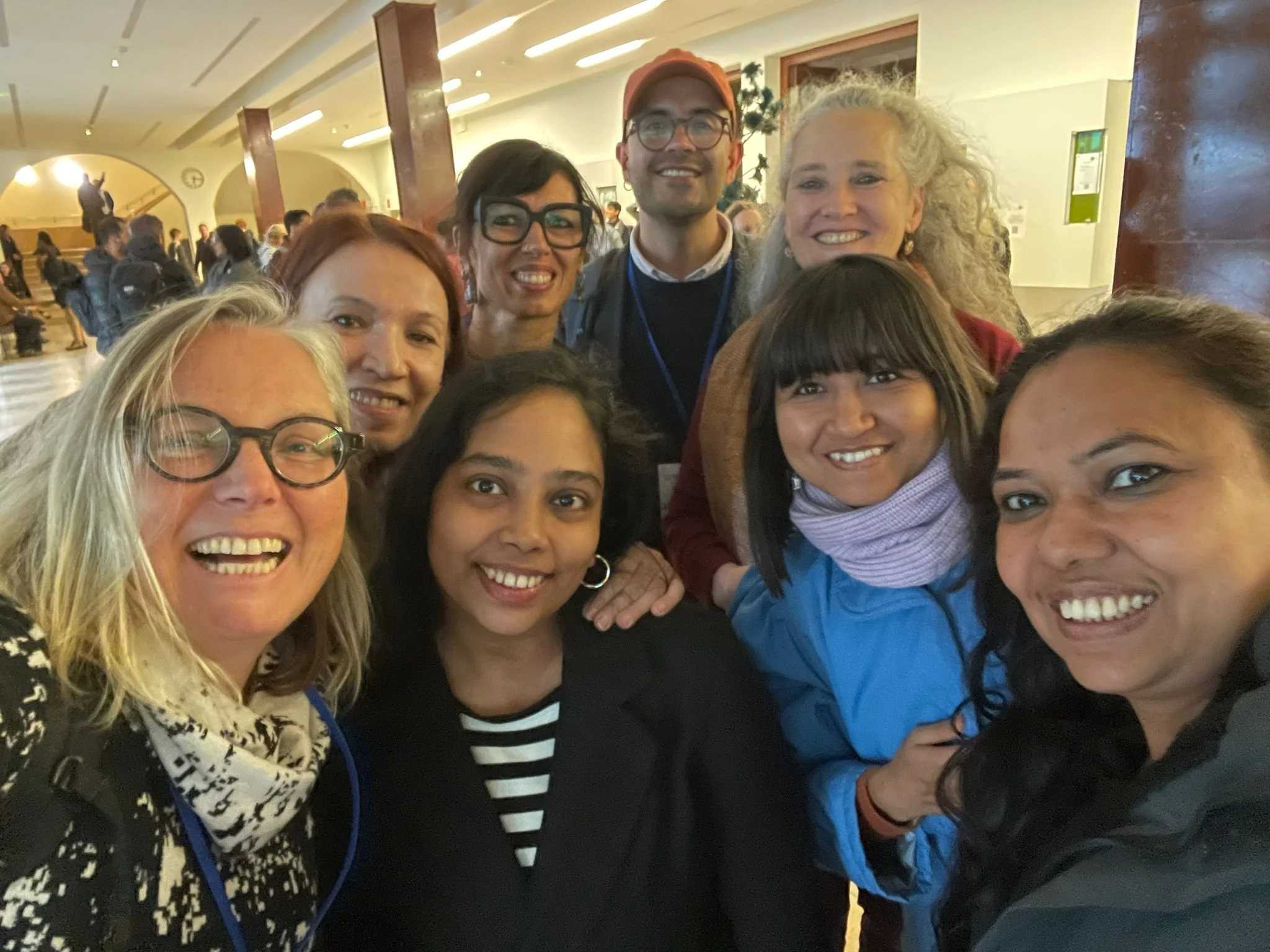
Relating Heritage and Activism: Placemaking, solidarity and erasure in South Asia - Hap in the ECSAS conference 2025
Heritage as Placemaking participated with its own panel in ECSAS the bi-annual conference of the European Association of South Asian Studies, held from the 1st to the 4th of October, 2025 in Heidelberg, Germany. Heritage activism was investigated in its actions upon space through eight papers, moderated by HaP Principal Investigator Dr. Stefanie Lotter. The two further co-convenors of the panel, Principal Investigator Prof. Dr. Christiane Brosius and Research Fellow Dr. Monica Mottin, presented respectively the papers Heritage as placemaking through artistic means and Festivals and melas: activism and aesthetic commons in Janakpurdham, Nepal.
